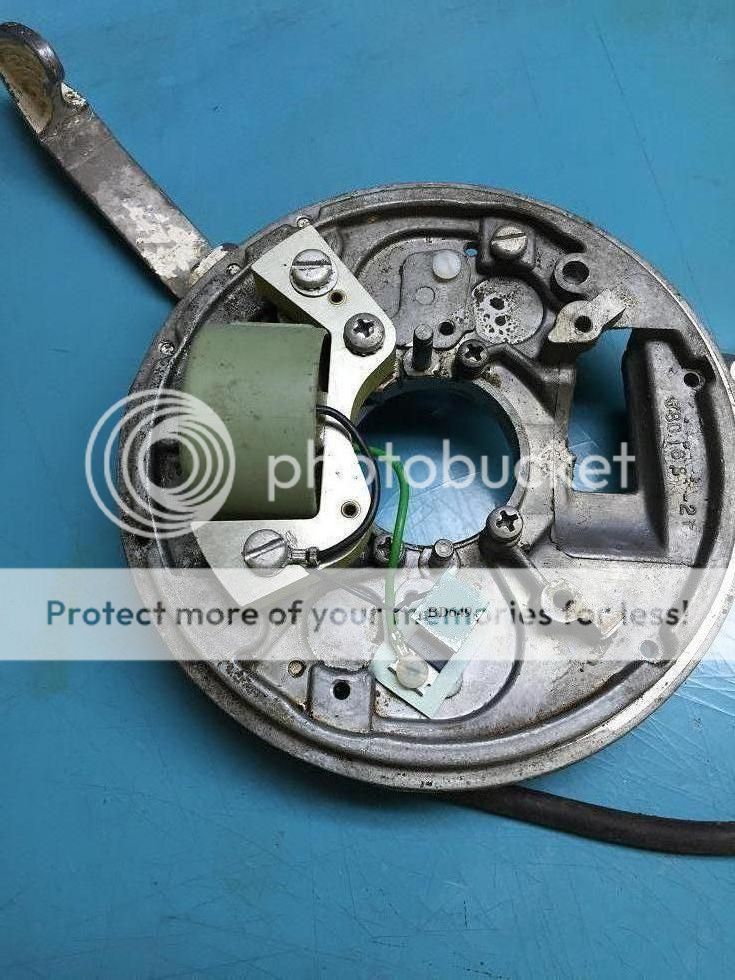Home › Forum › Ask A Member › How do Atom Computer Ignition modules work?
- This topic has 215 replies, 30 voices, and was last updated 8 years, 6 months ago by
joesnuffy.
-
AuthorPosts
-
May 26, 2015 at 3:06 am #16903
The results for testing on my component testers is as follows. Kit built component tester from Ebay, b =9.10K, B/E =1.07V. Digitec component tester, b=7.35K, B/E=1.24V. Results will probably depend on tester & the inbuilt diodes & resistors betwean B & E, probably affect the reading.
May 26, 2015 at 3:40 am #16904You’re measuring a β of 7350-9100?? I must be reading your figures wrong..
DC current gain of almost 10,000X when the min is 500?
I guess it’s possible and all.. but..
May 26, 2015 at 4:38 am #16906I don’t tend to read too mutch in my component testers. I mainly use them to find the lead out polarity, wheather they are NPN or PNP or faulty. My final test is do they actualy work in the built circuit.
May 27, 2015 at 4:19 pm #17029So to reverse the polarity on a single wire module, would you insulate the case from the motor and run a hot wire to the casing and ground the terminal coming out of the module? I had read though where Sig01 modules may not work on motors with two magnets in the fly wheel? I want to find something that would work on a 1927 Fastwin. With the dual lead coil and two magnet flywheel and only one set of points I had thought it may still work.
May 27, 2015 at 10:13 pm #17042Yes if its a single wire module you ground the hot wire & insulate the case & connect the case to the coil terminal. The only way you will know if a module will work on the Fastwin is to try one.
May 28, 2015 at 12:53 pm #17071May 28, 2015 at 7:38 pm #17092Reversing the direction of rotation flips the phase of the AC waveform – it determines whether the initial voltage excursion is negative-going or positive-going. Swapping the leads to the module should fix it.
May 28, 2015 at 8:00 pm #17093I have this circuit set up on a breadboard, though I’m using a 6V Bosch coil (from a Puch moped) and a 6A 6.3V transformer for power. The coil’s primary winding is wired in series with the 6.3V transformer secondary – I believe this should be a reasonable stand-in for the flywheel alternator on an actual motor, though I could be wrong..
But if we assume a simple, single-coil, single-magnet alternator, 60Hz AC should be the equivalent of 3600 RPM – which is about the top speed for most small outboards, I’d guess?
In any case, according to the o-scope, the module +is+ being triggered, but I’m not seeing any spark. Unfortunately, I don’t have a HV probe right now, so I can’t easily measure activity on the coil’s HV secondary. One thing, the 1071 is getting pretty warm, so I’m thinking it’s not fully saturating – I don’t have the BC337 driver transistor that debe used, and my replacement may lack sufficient gain.
Thoughts on a suitable drop-in for the BC337? ETA: Apparently, the venerable 2N3904 might be OK.. and I have them.
Have checked the coil, and it will make snappy, bright 1/4" sparks when tickled with an 8V DC supply. Will have to putz with it some more, later this eve.
May 28, 2015 at 9:01 pm #17100Success!! Swapping the leads did the trick. Need to add the 2SD1071 and diode, retest then install onto an outboard that burns gas.
May 28, 2015 at 11:54 pm #17114quote Ken W:Success!! Swapping the leads did the trick. Need to add the 2SD1071 and diode, retest then install onto an outboard that burns gas.Isn’t it nice when something "just works" for once? A single, simple answer that fixes the issue?
Like hen’s teeth, I tell you. 😆
-
AuthorPosts
- You must be logged in to reply to this topic.


